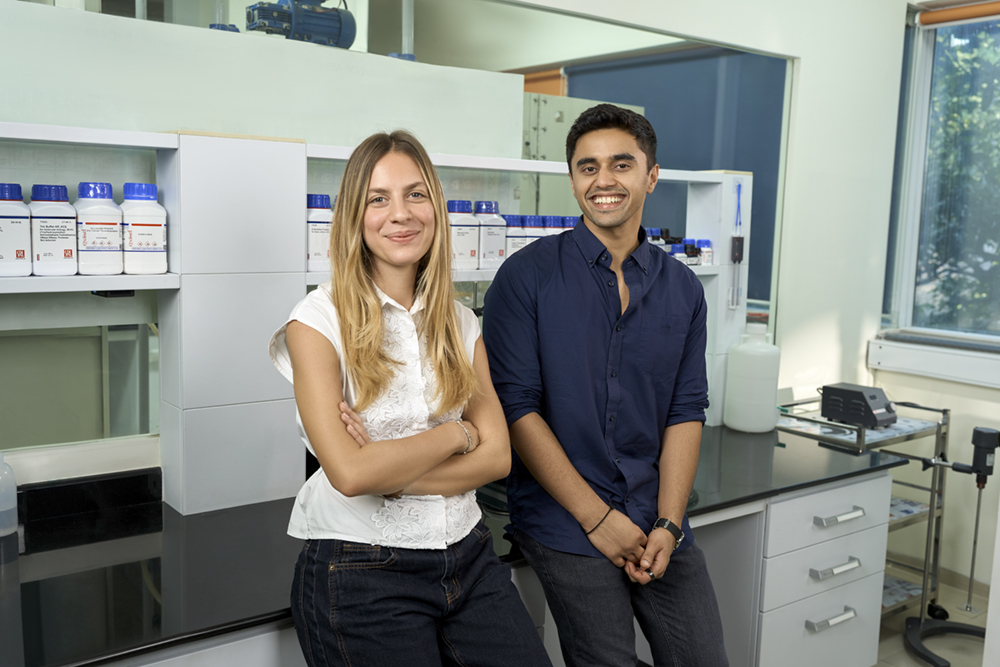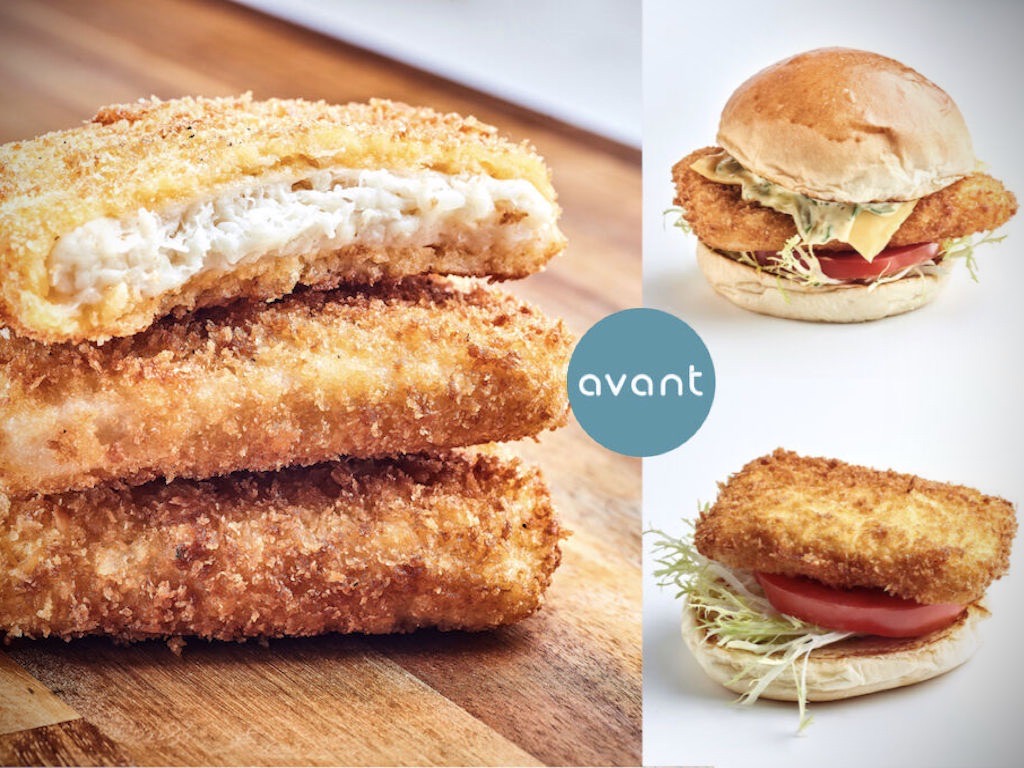
.jpg)
NoMy secures new funding round led by Nitten Sugar to boost mycoprotein scaleup
Norwegian fermentation specialist, NoMy, has raised an undisclosed amount in a new funding round aimed at accelerating the deployment of its mycoprotein production technology. The investment is led by Nippon Beet Sugar Manufacturing Co., Ltd. (Nitten), Japan’s largest producer of beet sugar and a company listed on the Tokyo Stock Exchange.
The funding extends a partnership first announced in April 2024 between NoMy and Nitten, with both companies working to commercialize NoMy’s mycoprotein platform by making use of side streams from sugar beet processing. Nitten now joins NoMy not only as a commercial collaborator but also as a strategic investor.
Additional backing came from existing investors, including Norwegian family office TD Veen, European food innovation initiative EIT Food, and Farvatn Venture. The proceeds will help NoMy scale its sustainable protein technology in Japan, Norway, and across Europe, with an eye toward contributing to a more diversified and resilient global protein supply.
“We are thrilled to strengthen our excellent collaboration with Nitten Sugar as both a commercial partner and now an investor in this journey,” said Ingrid Dynna, Co-founder & CEO of NoMy. “Nitten’s deep commitment to sustainability and expertise in sugar production aligns perfectly with NoMy’s vision of a food system that is circular by nature.”
NoMy, which operates under the legal name Norwegian Mycelium AS, focuses on converting renewable feedstocks into high-quality protein through fermentation using fungal mycelium. Its approach emphasizes resource efficiency and waste reduction, particularly by valorizing byproducts from existing agricultural industries.
Nitten CEO Shu Ishikuri framed the investment as a contribution to long-term food security and regional development in Japan. “Producing mycoprotein as a new use for sugar beets, without stopping their use as a sweetener, is one of the solutions to the protein crisis (protein supply shortage) that is a concern on a global scale,” he said. “It will also lead to the promotion of agriculture in Hokkaido, Japan’s food base, and contribute to the promotion of a sustainable food supply.”
Founded in 1919, Nitten processes sugar beets grown in Hokkaido and has expanded into food products, animal feed, agricultural materials, and other sectors. The company is a trusted player in Japan’s agri-food economy and is known for its long-standing ties to the local community.
For NoMy, the new funding marks a key milestone in its plan to scale production capacity and forge international partnerships that support alternative proteins. The Oslo-based firm’s fermentation process produces mycoprotein that can be used in a variety of food and feed applications, offering an efficient alternative to animal-based proteins.
NoMy has not disclosed the size of the investment, but the involvement of multiple follow-on investors alongside a publicly traded strategic partner underscores growing confidence in the company’s technology and business model.
The collaboration between NoMy and Nitten seeks to address two challenges simultaneously: reducing pressure on traditional protein sources while finding new value in industrial sidestreams. By integrating with existing sugar beet infrastructure, the project aims to lower costs and emissions associated with protein production.
In recent years, the search for scalable protein alternatives has gained momentum amid concerns over land use, greenhouse gas emissions, and supply chain disruptions linked to conventional animal agriculture. Mycoprotein, derived from fungi, has emerged as a promising candidate thanks to its efficiency, nutritional profile, and versatility in food formulations.
NoMy’s work adds to a growing number of projects looking to industrial sidestreams – such as those from breweries, food processing plants, or, in this case, sugar refining – for the carbon and nitrogen sources needed in microbial fermentation. These partnerships offer a pathway toward circular production models that align with both environmental goals and economic efficiency.
If you have any questions or would like to get in touch with us, please email info@futureofproteinproduction.com

.png)






